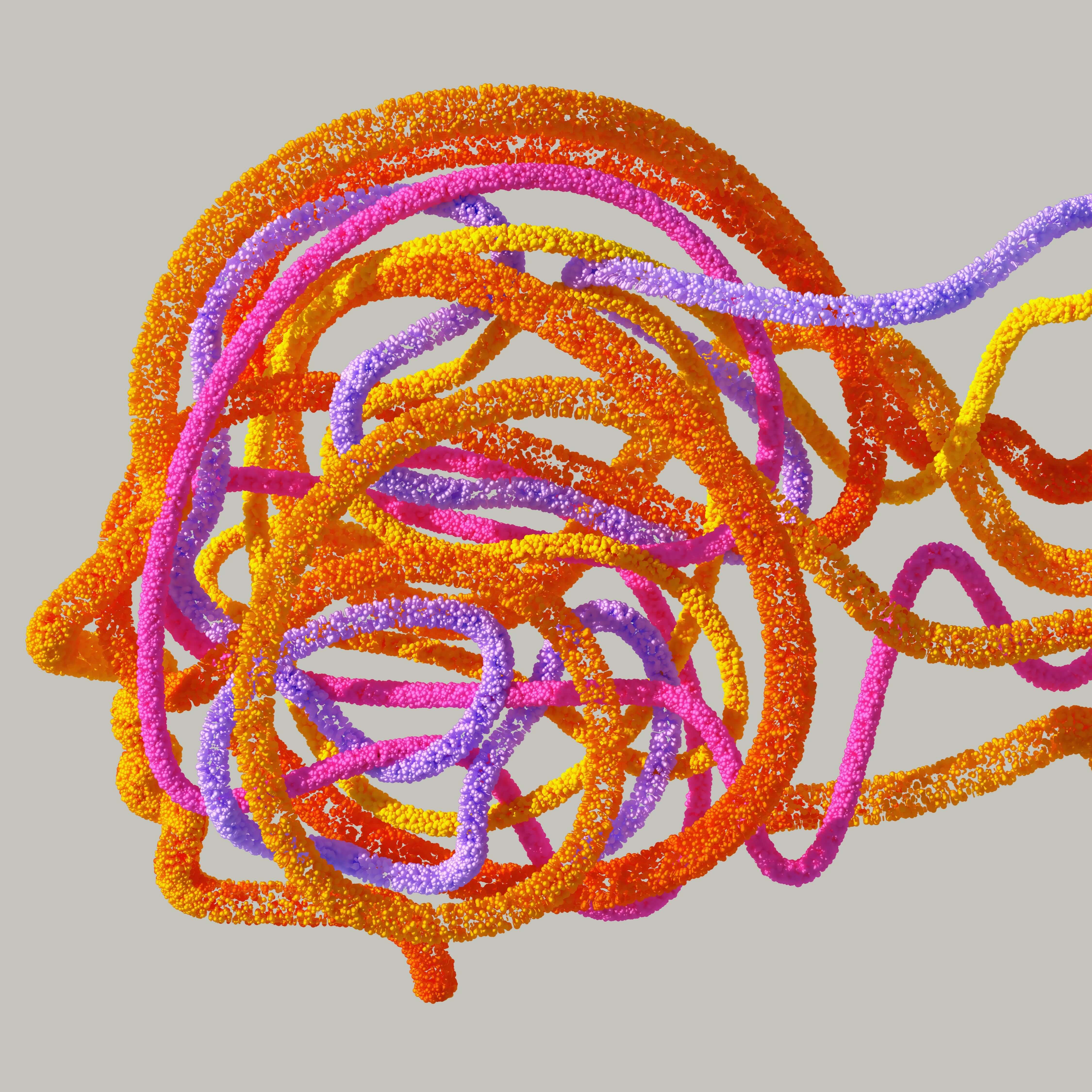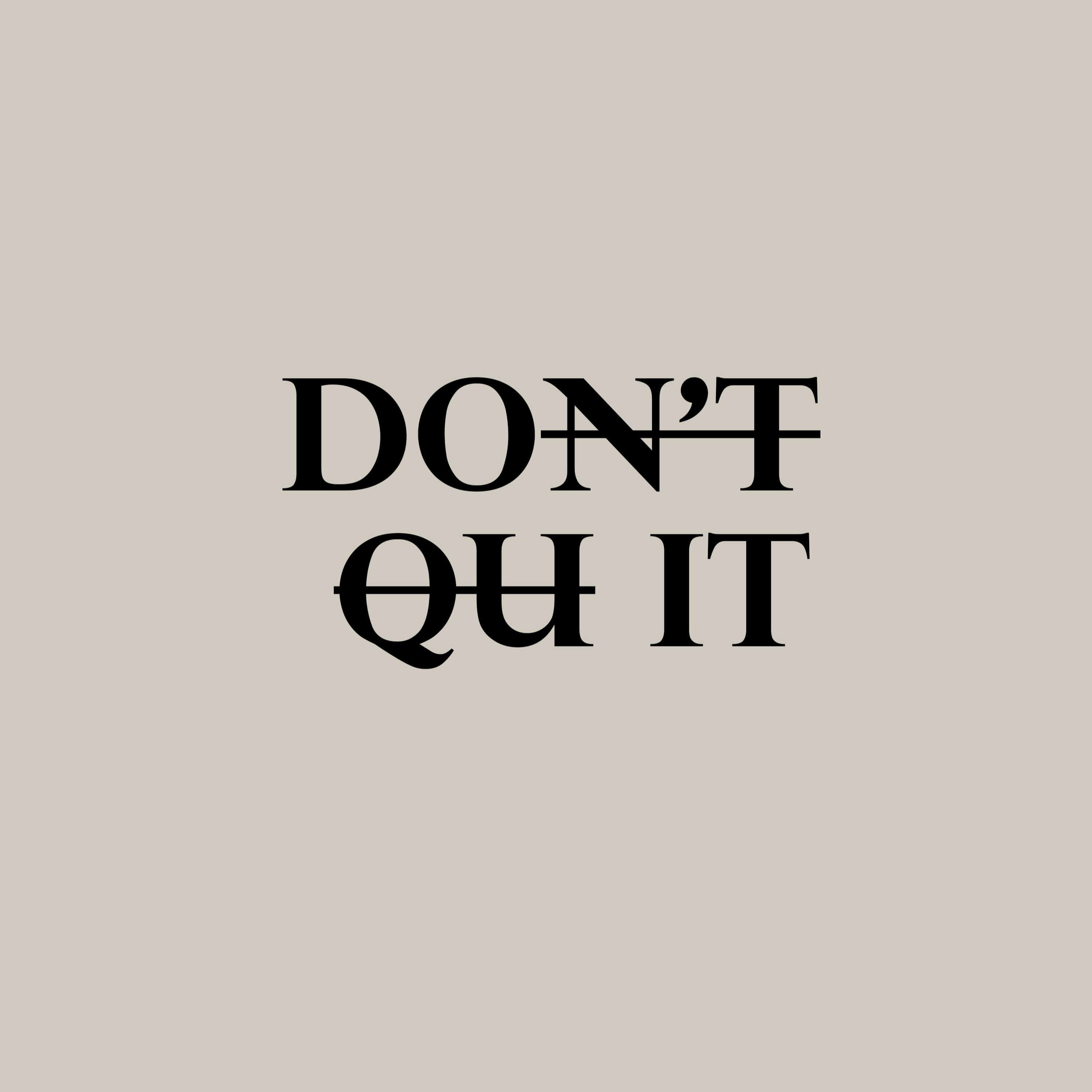As the new year begins, many of us take time to reflect and set goals for the months ahead. Whether it’s learning a new skill, improving your health, or nurturing relationships, setting resolutions is more than just a motivational exercise—it’s a proven way to enhance your brain health and memory.
Why Goal Setting is Good for Your Brain
 Research shows that setting and working towards goals has a direct impact on the brain’s ability to process information, retain memories, and stay motivated. According to a study published in Frontiers in Human Neuroscience, goal-oriented activities activate the prefrontal cortex, the part of the brain responsible for planning, decision-making, and self-control. Engaging this area not only helps you stay on track but also strengthens the neural connections needed for critical thinking and memory retention.
Research shows that setting and working towards goals has a direct impact on the brain’s ability to process information, retain memories, and stay motivated. According to a study published in Frontiers in Human Neuroscience, goal-oriented activities activate the prefrontal cortex, the part of the brain responsible for planning, decision-making, and self-control. Engaging this area not only helps you stay on track but also strengthens the neural connections needed for critical thinking and memory retention.
Moreover, achieving small milestones releases dopamine, a “feel-good” neurotransmitter that reinforces positive behaviours and motivates us to keep going. This chemical reward system helps build habits and improves cognitive functions, making goal setting a powerful tool for maintaining brain health.
The Science of Small Steps
 Big, vague resolutions like “get healthier” or “be more organized” can feel overwhelming and lead to stress or discouragement which in turn results in failure. The secret to successful goal setting lies in breaking your objectives into smaller, manageable steps. Psychologists call this approach “chunking,” and it’s not just good for achieving your goals—it’s excellent for your brain.
Big, vague resolutions like “get healthier” or “be more organized” can feel overwhelming and lead to stress or discouragement which in turn results in failure. The secret to successful goal setting lies in breaking your objectives into smaller, manageable steps. Psychologists call this approach “chunking,” and it’s not just good for achieving your goals—it’s excellent for your brain.
By dividing a larger goal into smaller tasks, you reduce cognitive overload and give your brain achievable challenges. Each time you complete a step, your brain gets a dopamine boost, which encourages continued effort. This process keeps you motivated and engaged, while also enhancing your brain’s ability to organize and store information.
For example, if your goal is to learn a new language, start by focusing on mastering 10 new words each week rather than trying to become fluent immediately. This incremental approach helps you stay consistent, which is key to long-term success and cognitive improvement.
How Goal Setting Enhances Memory
Working toward goals also strengthens your memory. When you set specific, measurable goals, your brain actively works to organize and retain information related to those objectives. Studies suggest that people who practice goal-directed behaviours are better at recalling details and applying learned information in real-life scenarios.
This happens because goal-setting triggers the brain’s hippocampus, a region critical for memory formation. The more you engage this area by focusing on clear and actionable steps, the better your brain becomes at encoding and retrieving information.
Tips for Setting Brain-Healthy Goals
To maximize the cognitive benefits of goal setting, follow these tips:
 Be Specific and Positive:
Be Specific and Positive:
When setting goals, clarity and positivity are key. Instead of vague resolutions like “I want to improve my memory,” focus on a specific, actionable plan such as, “I will dedicate 15 minutes each day to practicing memory exercises.”
Positive goals focus on what you want to achieve, rather than what you want to avoid. Framing your goals in a positive light helps your brain focus on progress and forward movement, making them more motivating and achievable.
For example:
- Instead of “I don’t want to be late,” try “I will arrive 10 minutes early for meetings.”
- Instead of “I’ll stop wasting time online,” say, “I will spend 30 minutes each evening reading or learning something new.”
- Instead of “I won’t to stop overeating,” reframe it as, “I will enjoy balanced, nutritious meals.”
 Make it Measurable:
Make it Measurable:
Clear, measurable goals are the key to staying on track. Use benchmarks to assess progress, like reading one book per month, completing a weekly crossword puzzle, or walking a certain number of steps daily. These tangible milestones not only give you a sense of accomplishment but also make it easier for your brain to focus, stay organized, and retain information.
Start Small:
Tackling big goals all at once can be overwhelming, so break them into manageable pieces. For example, if you want to declutter your home, start with one drawer or shelf at a time. Completing small, achievable steps creates a sense of progress and builds momentum, helping your brain stay engaged and motivated while avoiding the stress of unrealistic expectations.
 Stay Flexible:
Stay Flexible:
Life can be unpredictable, so be ready to adapt your goals as needed. Set aside a few minutes weekly or monthly to reflect on your progress. These “check-ins” let you celebrate wins, address challenges, and adjust your plan without adding stress. By taking time to reflect, you stay motivated and aligned with your goals, making every step forward count.
Celebrate Successes:
Every milestone, no matter how small, is worth celebrating. Rewarding yourself for progress—whether it’s treating yourself to a favourite snack or taking a well-earned break—reinforces positive habits and boosts motivation. Acknowledging your achievements also helps your brain associate goal-setting with joy and success, encouraging you to keep going and build on your progress over time.
Real-Life Brain Benefits
Consider Randall, a 60 something-year-old Brainfit participant who wanted to improve his memory. Instead of overwhelming himself with abstract goals, he decided to focus on one small task: memorizing the names of new members at the Golf Club. By practicing daily, he not only achieved his goal but also noticed improved recall in other areas of his life. His success illustrates how achievable goals can positively impact both brain health and self-confidence.
 The New Year Is the Perfect Time to Start
The New Year Is the Perfect Time to Start
The beginning of a new year offers a fresh slate to set goals that enhance your brain and overall well-being. Remember, the key isn’t perfection—it’s consistency and effort. Every small step you take towards your goal strengthens your brain, improves your memory, and sets you up for long-term success. If you would like a helping hand to get started, download our free Brainfit Goal Setting Worksheet here.
So this year, whether it’s learning a new skill, starting a new hobby, or simply committing to daily brain exercises, take the time to set clear, actionable goals. Your brain will thank you for it.




